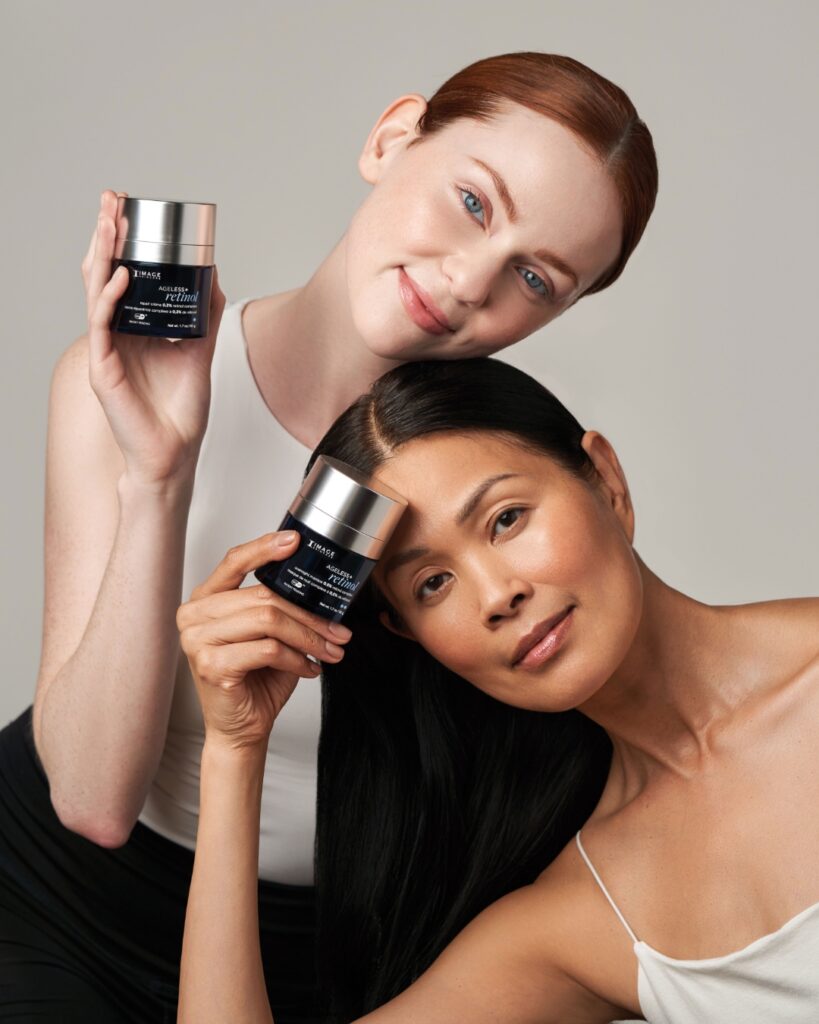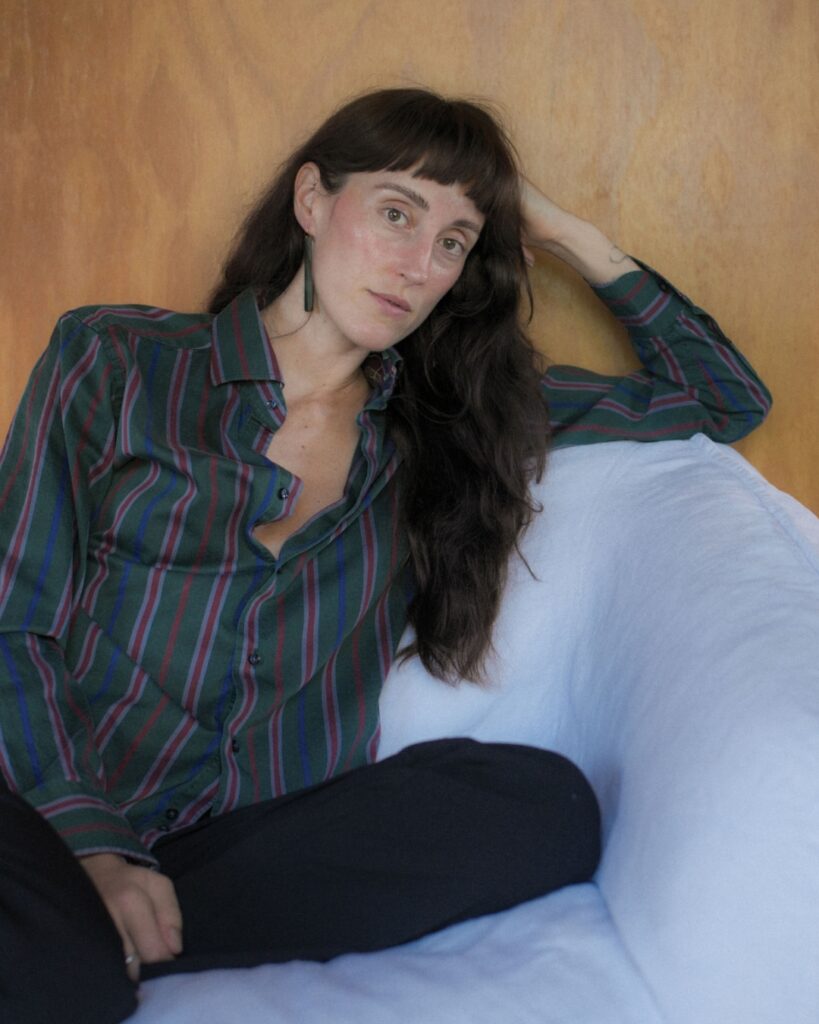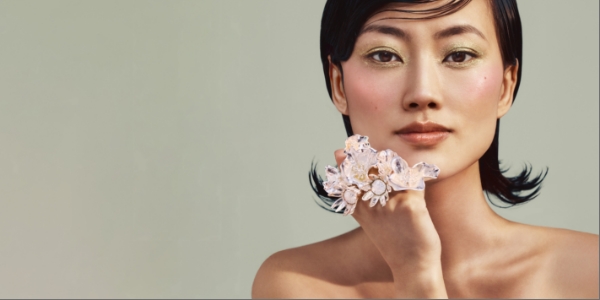For those of us who identify as ‘not morning people’, the thought of the chipper, go get ‘em, look-how-productive-I-am morning person can be nothing short of repulsive.
Like, urgh, what gives them the nerve? You’ve barely finished your second Nespresso much less pulled a comb through your hair and they’re onto their third great idea for the day.
But are they actually strides ahead of us?
Morning People vs Non-Morning People
According to research undergone by a pair of epidemiologists in 1998, not only did the night owls in the sample of men and women analysed have larger incomes, but they were proven to be at no disadvantage to their counterparts in terms of cognition and health. In fact, more recent research concluded that the night owls in the sample even fared better when it came to romance, having locked in more partners than their early bird counterparts as well.
So, if night owls are equally if not more intelligent, get laid more often and are more likely to have a greater income, why does society make us want to be morning people, more than we care to admit?
Because, apparently, being an early riser is still better
Turns out, your propensity isn’t just a strain of jealousy. Early birds have been proven to be happier. Not to mention they’re less susceptible to substance abuse – namely smoking and alcohol – and they’re also less likely to be linked with infidelity. So yeah, guess you could say they’re the nice guys. The good Samaritans. And it takes a sad, sad person to not want to be happy…
Multiple studies have arrived at the conclusion that morning people are more persistent, cooperative, agreeable, conscientious, and proactive than their night owl counterparts. And they procrastinate less, making them more akin to the 9-5 workplace and (probably) more likely to be employee of the month.
Why you’ve failed at being a morning person before
If your next thought is, “Okay, then why should I bother?”, we won’t beat around the bush and tell you that the disconnect between conventional daytime expectations and nighttime preference won’t make life harder for you in general, because it probably will.
But this “social jetlag” needn’t be the end of the world. Because… ding, ding, ding… there’s more research to show that getting up earlier can be advantageous to you when to comes to arriving at insightful and creative solutions during your said off-peak hours. The results lend support to the incubation theory of creativity: taking a break from a problem, often out of mental fatigue, can produce unexpected insights. And let’s be honest, anyone can do a good job day-to-day, but it’s the person behind those revolutionary ideas that get noticed. Knock, knock promotion.
One way of looking at it is that by not being a morning person and getting up early anyway, means you really can have it all, night owl.
Scroll to read our tips on how to become a better morning person:
HOW TO BE A BETTER MORNING PERSON
1. Decide what’s in it for you
Why do want this time in the morning? Are you tired of being tired, are you over getting to work late, do you straight up hate being in a rush, or do you want some time away from deadlines, children and emails? As humans we respond to incentives. So if there’s no incentive to stop you from hitting the snooze button because you know you can technically get to work on time, albeit by the skin of your teeth sans a few important things you left at home by mistake, then you’re likely not going to entice change.
My experience: Me deciding to consistently get up way earlier than I needed to came down to a one-on-one with my personality. I love bed, I love sleep and I hate being rushed. I also hate spending money, nor can I afford to. So winding my clock back an hour isn’t because I think I can squeeze in exercise (hell no), it’s because if I’m going to be a morning person, I’m going to do it at my own pace. Which, by the way, between the hours of 9pm and 9am is slow. I wake, relish in the warmth of my covers for a bit, check the weather and then haul ass into the shower. I stand there, slowly waking up as the hot water streams over me. Then I have a coffee, put my face on, pick my outfit, do my hair, blitz my smoothie and consider everything that needs to go into my handbag for the day – including my lunch which I prepared the night before, hence the saving money part – and arrive at work in good time to have breakfast and have a good ten minutes of mulling over my to-do list in peace. And you know what? It feels good to be organised and void of stress. That s**t will kill you. Giving myself that time is the best incentive to keep getting up early until it became second nature, which FYI, it did.
Tip: For Kiwi Nike master trainer Kirsty Godso, she uses the promise of an avocado and a decent coffee for breakfast as her incentive to spring out of bed in the morning.
2. Have a bedtime, techniques to fall asleep and master the art of tuning out
Sounds obvious, because it is obvious. To reclaim the early hours can mean sacrificing the ones at the tail end. The challenge? To find ways that will guarantee a heavy head on your pillow come bedtime. Not only is sleep linked to infinite health benefits, but it’ll prime you to stay focused, motivated and productive the next day. Avoid your bedroom until you’re ready to wind down. You’re going to need to prioritise your evenings for a week or so to create an I’m-going-to-sleep-now formula that works for you.
Some things to consider include:
– a warm shower
– soft irresistible PJs (and actually changing into them)
– herbal tea (chamomile, lavender or rooibos are best)
– magnesium tablets or magnesium sleep cream
– reading (from an actual book, not a screen)
– stretching, yoga, and or meditation
My experience: I’ve always struggled to stop my brain from wandering at night, it just keeps ticking over. But in a final act to end my sleepless nights, I stopped drinking coffee at 2pm, and found a formula that can bring me to a complete calm, even when I’m feeling alert (I see you there, Smiling Mind). Since I prioritised sleep, which I admit was a bit later in the piece of this getting-up-early initiative, I’ve been tracking my sleep using an app and have gone from a good 40 -80 minutes fall asleep time to less than 10 minutes. Turns out these little “rituals” really do tell your body it’s bedtime.
Tip: Whatever you choose, make sure it is something that will be a calming experience and one you can repeat every night – don’t try and do everything or more than you can be consistently prepared to do. Over time, your body will get used to this ritual and know when it is time to shut down and go to sleep.
A post shared by T E R R I D U N N (@terriloudunn) on
3. Shine yo light
In addition to securing a healthy dose of Vitamin D, exposing yourself to natural light works with your biological clock to signal alertness and waking up. I.e. once you’re up, you’re up. Upon waking, draw back the curtains to let in the natural light. And if it’s in the depths of winter or it’s an overcast day, open the window, flood in some crisp fresh air and turn your lights on to fire up your bodies chemicals to keep you awake. Long story short, exposure to light stimulates a nerve pathway from the retina in the eye to an area in the brain that signals to your hormones, body temperature and other functions that have a say in making us feel awake or sleepy. You got that?
My experience: I sleep with one of my curtains partially pulled during the summer months to allow natural light to seep in. I find it wakes me up naturally without throwing my heart beat into overdrive at the first sound of my alarm. During winter when it seems to be dark forever in the mornings, I like to play music quite loud to get me moving faster, not to mention it puts me in a good mood.
Tip: If waking up is difficult for you, period, try using a sleeping app that monitors your movement as you pass through light sleep and deep sleep, sounding your alarm when you’re most awake. For example, if your opt for a 20 minute wake up phase and set your alarm for 7:00am, if the app feels strong movement as you turn at 6:52am (indicating you’re experiencing light sleep), it’ll wake you then. This way you’re feeling significantly better upon waking relative to how you’d feel had you been woken at 7:00am in the middle of a deep sleep.










